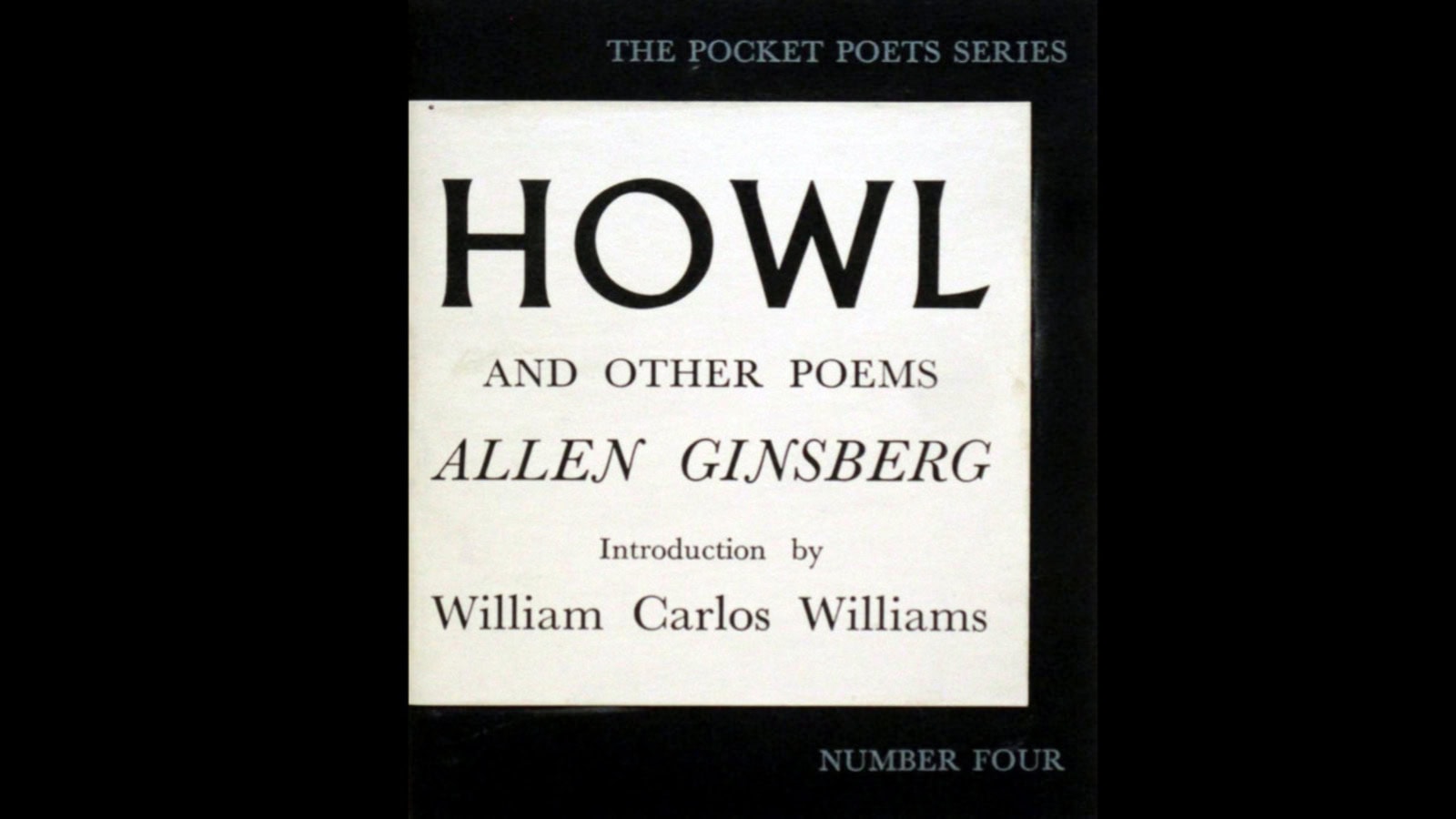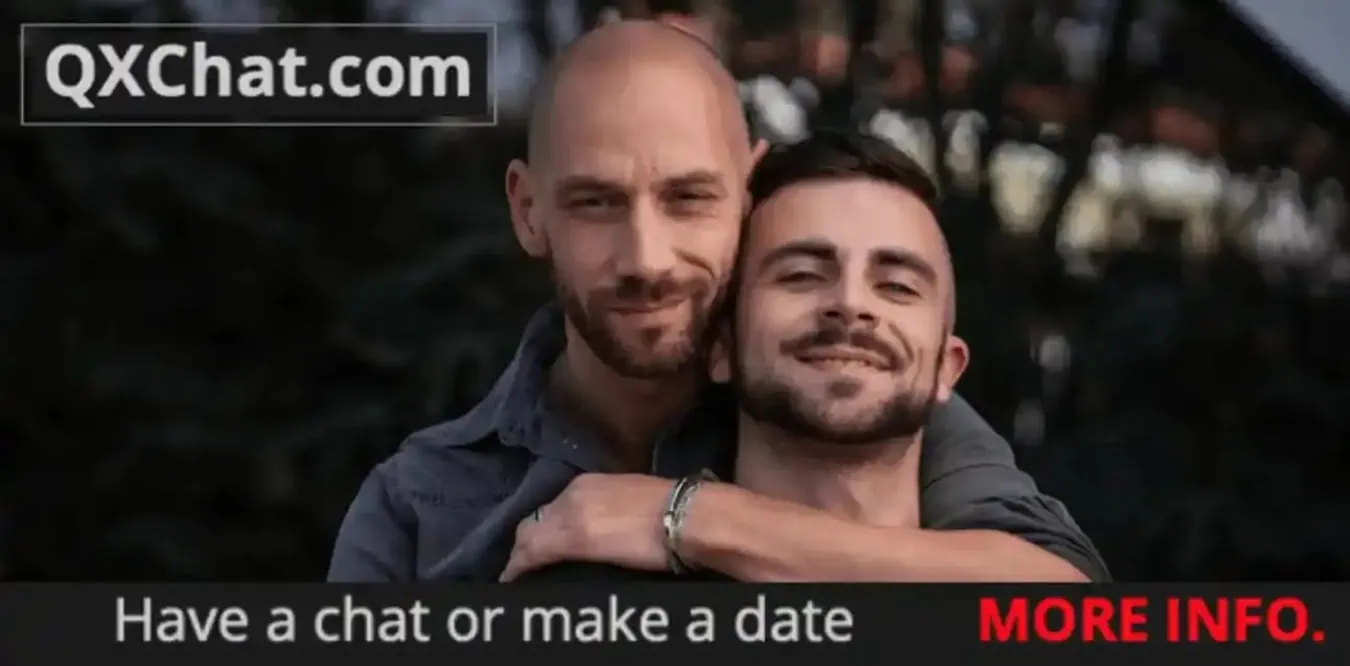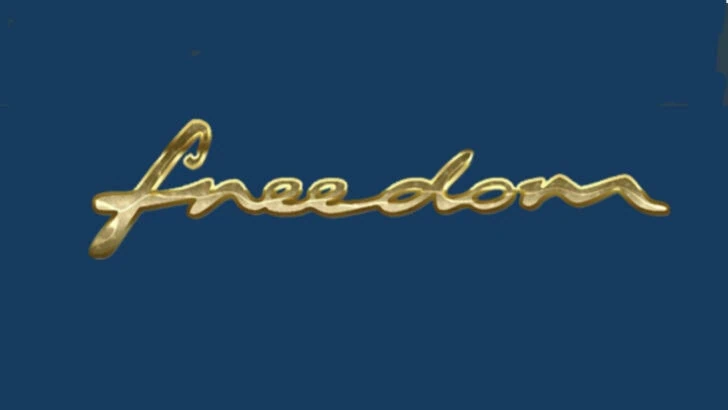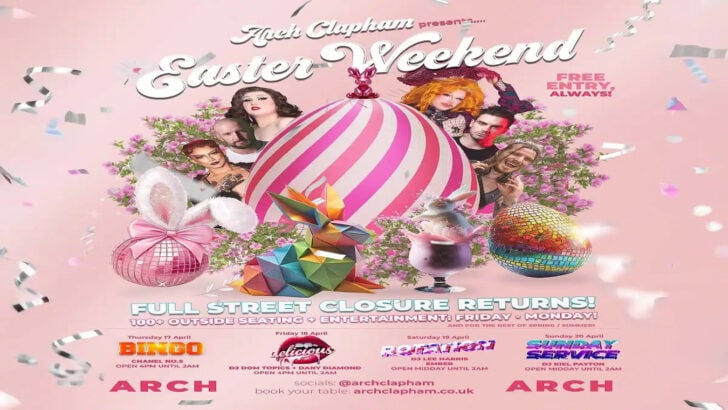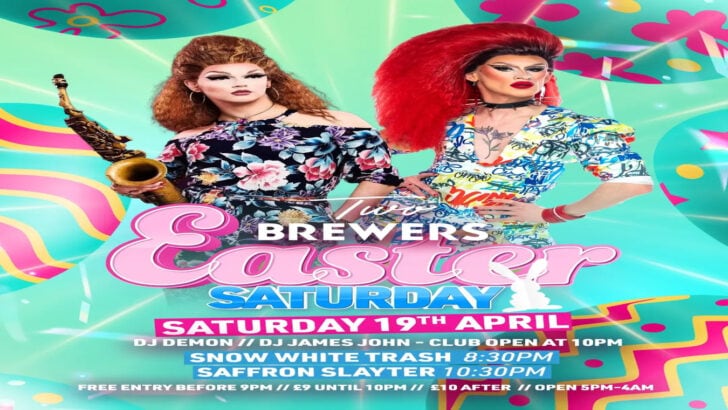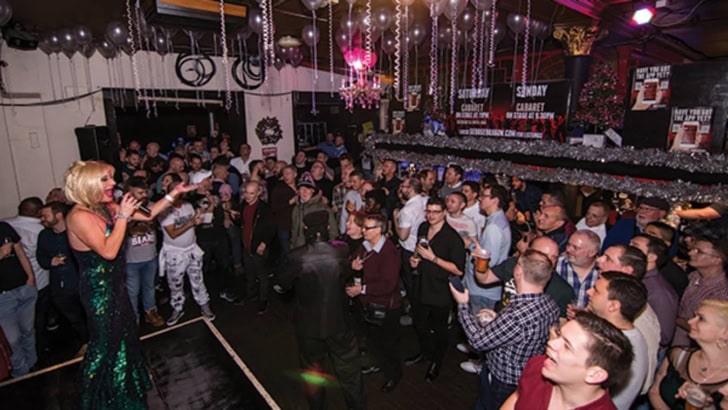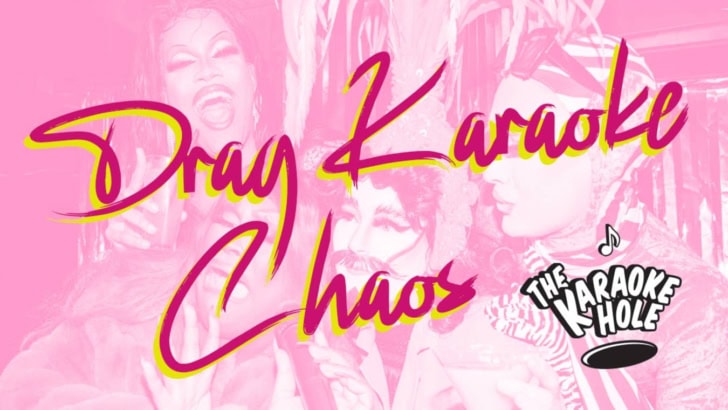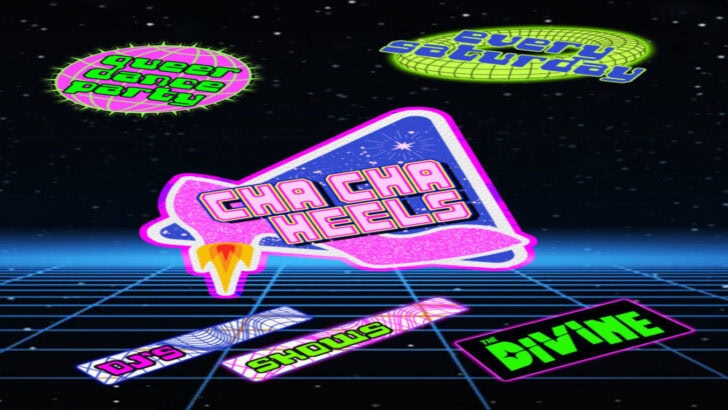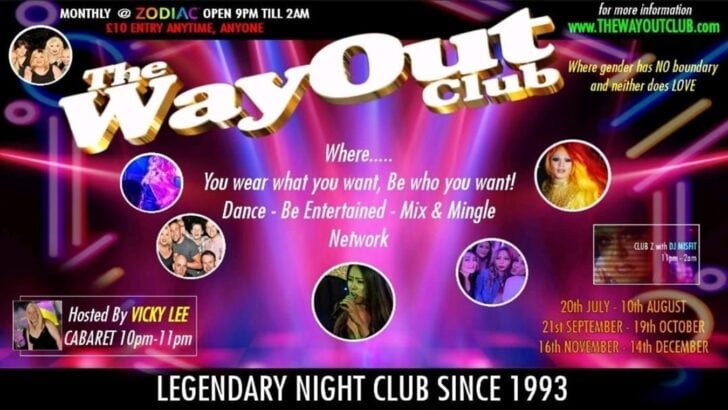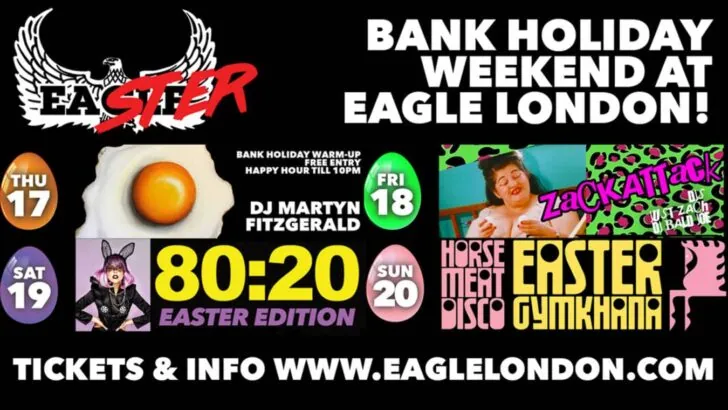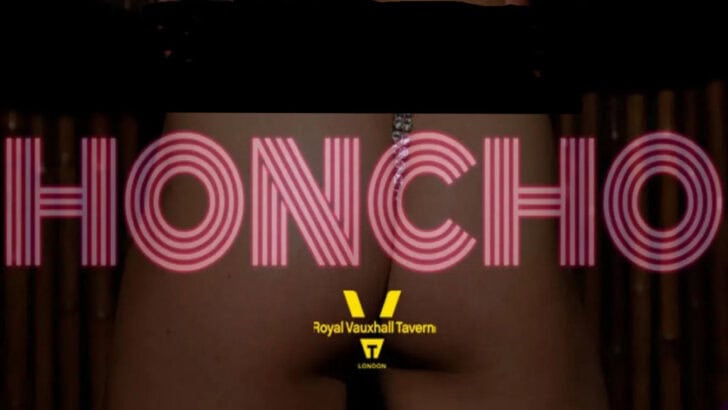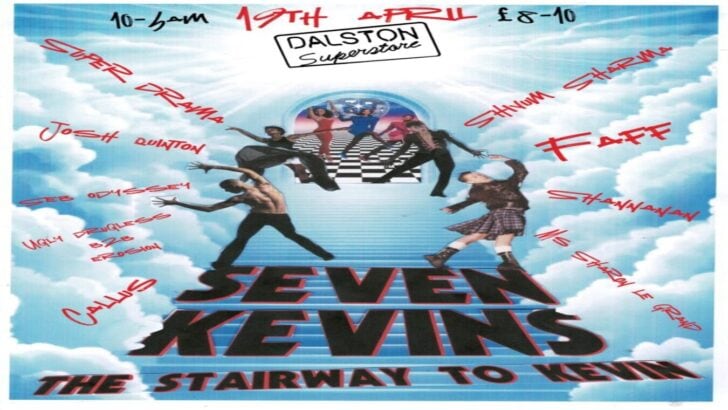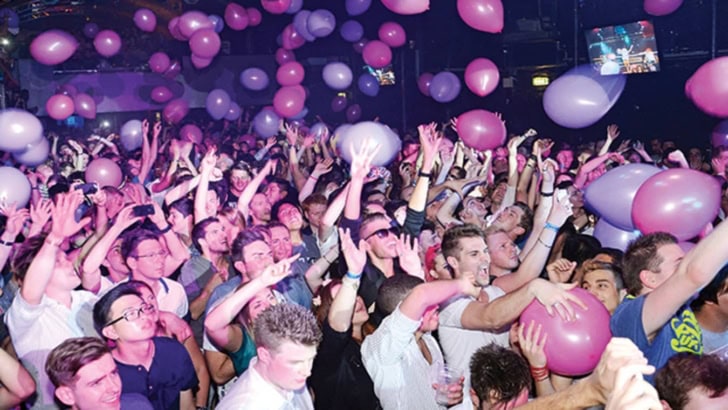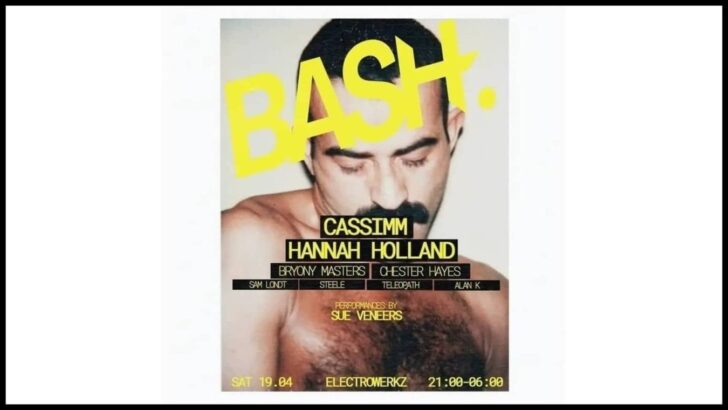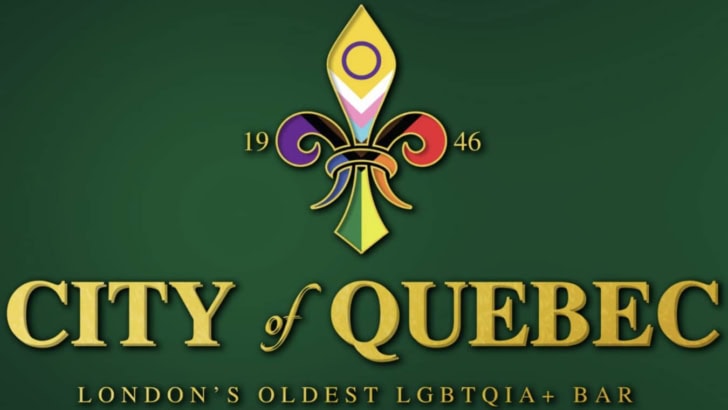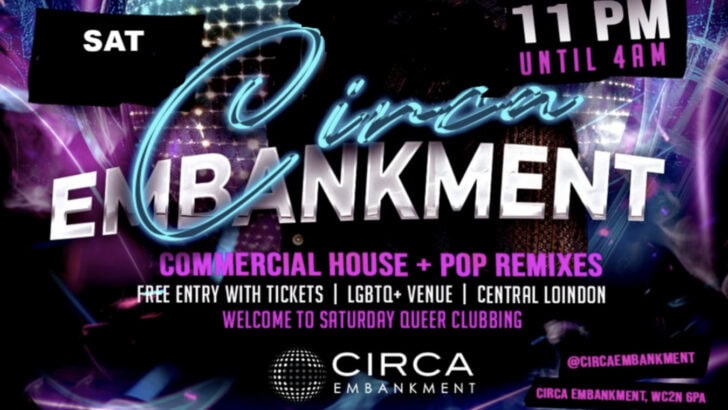Just who was Allen Ginsberg, the unassuming poet who turned round to a repressive and paranoid McCarthy-era America and howled?
A man who performed on stage with The Clash, hung out with John Lennon and Bob Dylan, talked surrealism with Man Ray and Salvador Dali; and who discussed literature with Anaïs Nin and Jean Genet. A maverick beatnik? Free-loving bisexual Buddhist hippy? Activist, anti-war protester, LSD advocate, world-traveller? Uli Lenart, assistant manager of Gay’s the Word bookshop, looks back on Ginsberg’s early career and talks to Peter Hale, Ginsberg’s friend and the co-custodian of the Ginsberg Estate to find out.
Having premiered at the Sundance and Berlin Film Festivals the new film Howl opens in UK cinemas next weekend. It stars the delicious James Franco as Allen Ginsberg and is directed by Rob Epstein and Jeffrey Friedman – the partnership behind Oscar-winning documentary The Times of Harvey Milk. Published by City Lights in 1956, Allen Ginsberg’s groundbreaking poem, Howl, vocalised America’s emerging Beat counterculture. It was a rallying cry for society’s dispossessed and became a manifesto for individualism and self-expression in the face of starched-collared conformity. Using the original court transcripts, old interviews and animation by Eric Drooker, the film recreates the story of Howl and the ensuing obscenity trial that came to define the battle for sexual and artistic freedom in ‘50s America.
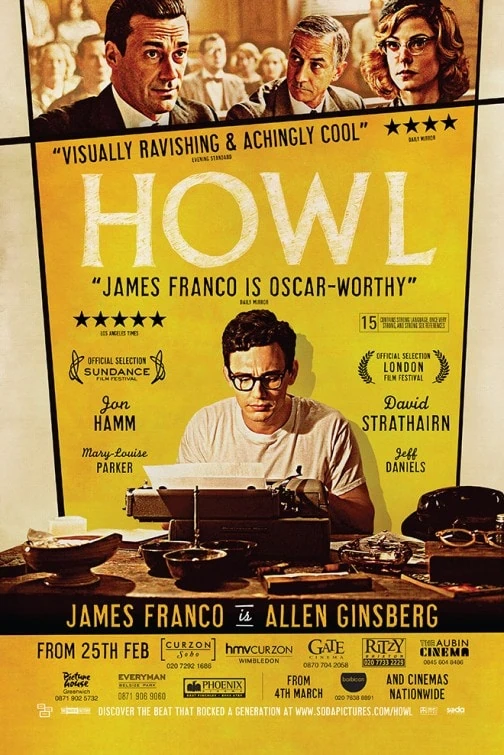
Born in 1926 to a Jewish New Jersey family, Allen was the son of Louis Ginsberg, a school teacher and successful local poet, and Naomi, his mentally unstable mother – a nudist with Communist leanings. Growing up inspired by the work of gay poet and libertarian Walt Whitman, Ginsberg developed an early passion for writing and politics. He attended Columbia University and, to help pay for his education, joined the Merchant Marine, getting high on marijuana with Puerto Rican sailors on his first voyage. In New York he met writer of ‘On the Road’ Jack Kerouac, and William Burroughs, author of ‘Junkie’ and ‘Naked Lunch.’ Together these writers – and lovers – catalysed to form the Beat movement; and along with other literary revolutionaries such as poet Gregory Corso, pioneered ideas that challenged staid, God-fearing 50s American sensibilities. The values of the Beat generation? Complete openness, free love, self-expression and lots of drugs.
It was in August 1954 that a 29 year-old Ginsberg sat down in Berkley, California, to begin writing Howl on a big black second-hand office typewriter. Encouraged by mentors to loosen-up his poetic style he resolved to, “write what I wanted to without fear.” To capture the world as he saw it around him, in all its raw and dirty beauty. As Ginsberg biographer Barry Miles explains Ginsberg, “wrote using the rhythms of speech from the street – black speech, phrasings overheard on the street corner – and the rhythms of bebop and jazz”. Each open-form line draws on a single human breath, helping creating the poems ‘beat’. Howl’s vivid descriptions of gay sex – at a time when it was illegal in every American state – were particularly revolutionary, and provided a major impetus to those wanting to get the poem banned. Ginsberg recalls those men:
Who let themselves be fucked in the ass by saintly
HOWL
motorcyclists, and screamed with joy,
who blew and were blown by those human seraphim,
the sailors, caresses of Atlantic and Caribbean love
In Howl, Ginsberg drew on incidents from his own life, including autobiographical references to getting expelled from college for “publishing obscene odes” and staying up “night after night, with dreams, with drugs, with waking nightmares, alcohol and cock and endless balls” and “scattering semen freely to whomever come who may”. We’ve all been there.
It also references Ginsberg’s contemporaries, chiefly the men he was having sex with, like the hunky Neal Cassady, ‘secret hero of these poems, cocksman and Adonis of Denver’ and Carl Solomon, a sensitive and highly intelligent young man who Ginsberg met while locked-up in a psychiatric institute after getting in trouble with the law. Ginsberg’s release was apparently subject to the condition he would be heterosexual. Ginsberg wrote parts I and III of Howl for Carl Solomon; an empathic howl of grief and rage for Carl’s plight and the plight of all the other people like him; victims, as Ginsberg saw it, of a repressive and unfeeling capitalist system.
The words of Howl seemed to enunciate the baptismal rites of the Beat Movement. But Beat poetry was meant to be heard – to be performed. The film skilfully recreates the smoky atmosphere of the now legendary Six Poets at the Six Gallery reading on 7th October 1955, the first time Ginsberg had ever read his work publically. The Six Gallery was a converted auto-repair shop – 100 people squeezed in for the event. There was an excited atmosphere, Kerouac bought wine for the crowd and shouted encouragement at the end of each line as Ginsberg drunkenly read. After the reading a witness, Michael McClure, said that there was a sense that, “at the deepest level a barrier had been broken, that a human voice and body had been hurled against the harsh wall of America.” After the reading the poets and their partners went for a Chinese and then had an orgy
City Lights published Howl and Other Poems in 1956 and a year later, two undercover police officers went to the bookshop to buy copies. Arrest warrants were issued for the publisher and bookshop owner. The prosecution of Howl had begun. The trial defence lawyer Jack Ehrlich, played by Mad Men star Jon Hamm in the film, based his arguments on freedom of speech and the press. The prosecution, who weren’t mad keen on what they viewed as degenerates giving a voice to the gutter, sought to prove the poem had no literary value and was therefore obscene. On October 3rd, 1957, Judge Clayton W. Horn ruled that, despite its vulgar and coarse language and subject matter, it was not. Ginsberg later said he never took the trial too seriously, but was grateful of all the publicity it generated. It made him one of the most famous poets in the world and sowed the seeds of rebellion in a generation. Ginsberg wrote, “Poetry is not the expression of the party line. It’s that time of night, lying in bed, thinking what you really think, making the private world public, that’s what the poet does.”
The Peter Hale interview
Peter Hale, friend of Allen Ginsberg and co-custodian of the Ginsberg Estate talked to QX about Allen Ginsberg some years ago ahead of an exhibition of Ginsberg’s photographs, Angelheaded Hipsters, at the National Theatre, Southbank and the launch at the time of the biographical film Howl.
QX: How many copies of the poem Howl have been sold so far in total?
PH: City Lights publishes have printed 1,070,000 copies so far. To think that when it first came out Ginsberg fretted that they would never sell the 1000 copies originally printed.
What did Ginsberg do for gay liberation?
I’d say what he did for liberation in general, showing the courage to be yourself is a powerful thing and helps others with less courage along. I think he had a compassion for those more fearful than him and realized how his honesty about himself could help. “Candour ends paranoia,” he’d always say.
What do you think James Franco brings to Howl in his portrayal of Ginsberg?
He mastered reading the poem in a way I’ve never quite heard anyone other than Allen do.
What was Ginsberg like?
Hugely patient and generous. Few people may know that he didn’t accept pay for his readings ‘til the late 60s. He and Peter [Orlovsky, Ginsberg’s life partner] had taken penury vows early on when the met, and they really stuck to it.
Can you tell us a little of how you came to know Ginsberg?
I met him in Boulder Colorado. He came to speak for my high school English class in 1983. I was 15 and had never heard of him at that point. Was told he hung out with the Beatles and I should check him out. I officially met him 2 years later at Naropa Institute, where he was teaching every summer since he’d started the Jack Kerouac School of Disembodied Poetics with Anne Waldman in 1974. He sat me down and gave me a reading list and said I should sit in on his classes.
What do you think the film’s impact will be?
I hope it opens up the poetry world to a generation that ordinarily wouldn’t have the time to read it.
What do you think Ginsberg would make of the film?
I hope he’d be thrilled, and I’m sure he’d be tickled pink to have Franco playing him. I think the fact the poem really stands out as the star of the film, would definitely win his approval.
If you tried to sum it up – what do you think would be the essence of Ginsberg’s message to the world?
I always like to quote the end of his poem ‘Memory Gardens’: “Well, while I’m here I’ll, do the work—and what’s the Work? To ease the pain of living. Everything else, drunken, dumbshow.”
Howl is available to stream on Amazon Prime.
